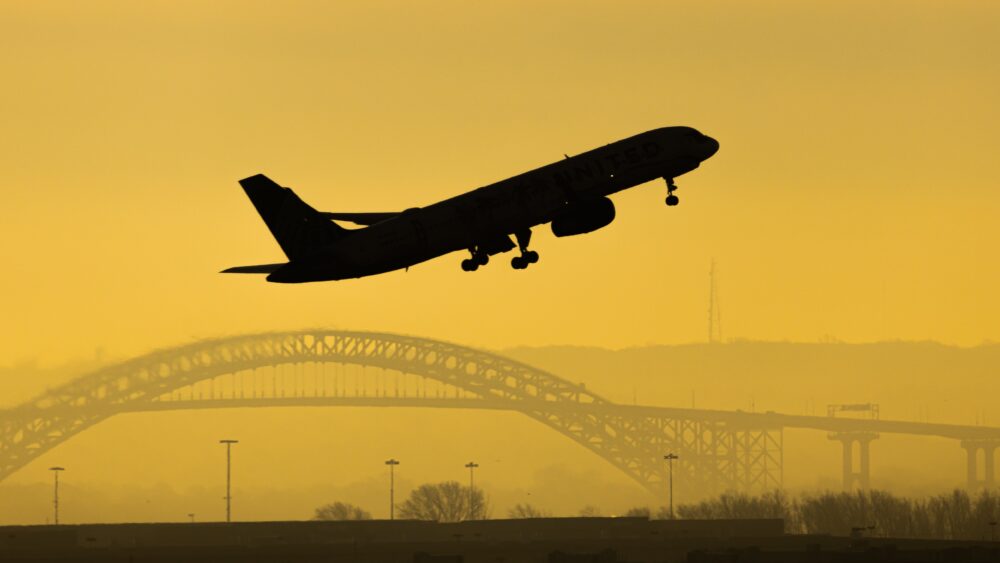Economic forecasts from the International Air Transport Association (IATA) suggest that the impact of COVID on aviation will cost the world more than $1.75 trillion in GDP. Airlines are expected to burn through cash at an astounding rate in the second half of 2020, and without support from government, the association says that the hope of a strong economic recovery could slip through our grasp.

$1.75 trillion lost from global GDP
While the aviation industry is reeling from the impact of COVID-19, the wider economic shock is yet to really hit home. Governments around the world have been forced to plow money into their communities, to save jobs and keep people housed and fed. That’s something that will take time to build back from.
Aviation will be a key driver in the economic recovery from COVID. Already we’ve witnessed a shrink of airlines, from fleets to staff, and that in itself is going to add to the economic mess that the world is facing. But what will the economic impact of COVID be in terms of GDP related to aviation?
Stay informed: Sign up for our daily aviation news digest.
The International Air Transport Association (IATA) is one of the foremost authorities when it comes to air transport and economics. At a recent press briefing with IATA, I asked the Chief Economist from IATA Brian Pearce what the impact on global GDP was currently estimated to be. Referencing figures from ATAG, Pearce commented,
“The sector would typically, including all of the firms in the value chain and the ecosystem, it would typically support something like three and a half trillion dollars of GDP globally. The expectation is that that has halved.”

Halving aviation’s $3.5 trillion contribution to global economies means the world has lost out on $1.75 trillion in GDP already, as a result of COVID’s impact on the industry. However, Pearce went on to explain that this is not the full extent of the impact we’re likely to see. He said,
“What that doesn’t take into account is the service airlines provide in transporting trade and traveler doesn’t take into account the importance of business travel as well. But trade is missing from that estimate. In terms of the direct jobs supported by the industry, that’s probably halved, but governments shouldn’t lose sight of the fact that this industry plays a really critical role in economic recovery, because of its role in transporting trade and supporting global supply chains.”
Supporting aviation will support economies
Worldwide, aviation directly supports 65.5 million jobs. Its contribution to global GDP is estimated to be around 3.6%. In fact, if aviation was a country, it would rank 20th in size by GDP. It is equivalent to the GDP of Switzerland or Argentina, according to research by Forbes.
Of course, as Pearce commented, that’s just the direct impact of aviation on economic activity. The benefits run far deeper than that, when we consider its contribution to tourism, trade and industry. In some countries, particularly tropical islands, their economies rely disproportionately on tourism, and on aviation to deliver that tourism.

More widely, aviation is lent upon to transport some of the world’s most high value, perishable goods. Only 0.5% of global goods are moved by air, but those goods make up an incredible 34.6% of the value of transported goods.
Already IATA has begun revising down the passenger traffic forecasts for parts of the world. For example, just this week, it changed its prediction for passenger traffic to, from and within the Middle East from 45% of 2019 levels to just 30% for 2020. That’s a trend that is playing out around the world, and without support, airlines will simply not survive.

While governments have been instrumental in avoiding airline failure to date, IATA is calling on them to step up with more support to see them through the difficult winter period. Chief Executive Alexandre de Juniac commented,
“The crisis is growing longer and deeper than anybody could have imagined. The months ahead are traditionally the weakest for airlines. Normally they survive on the cash cushion from the busy peak travel period in July and August. We did not get that boost this year.
“Airlines did receive $160 billion in support from governments. That was a lifeline. We would have seen many more bankruptcies and job losses without it. Now, most of those programs are ending. So it is time to ask governments to take extra measures to replace or extend them into the longer term. The potential for failures and job losses in the coming months is enormous.”
IATA estimates that airlines will burn through cash at a rate of $300,000 a minute during the second half of the year, losing some $77bn before the year is out. Given the importance of healthy airlines to healthy economic recovery, more government support is required to avoid catastrophic airline failures in the coming months.
[ad_2]
Source link


